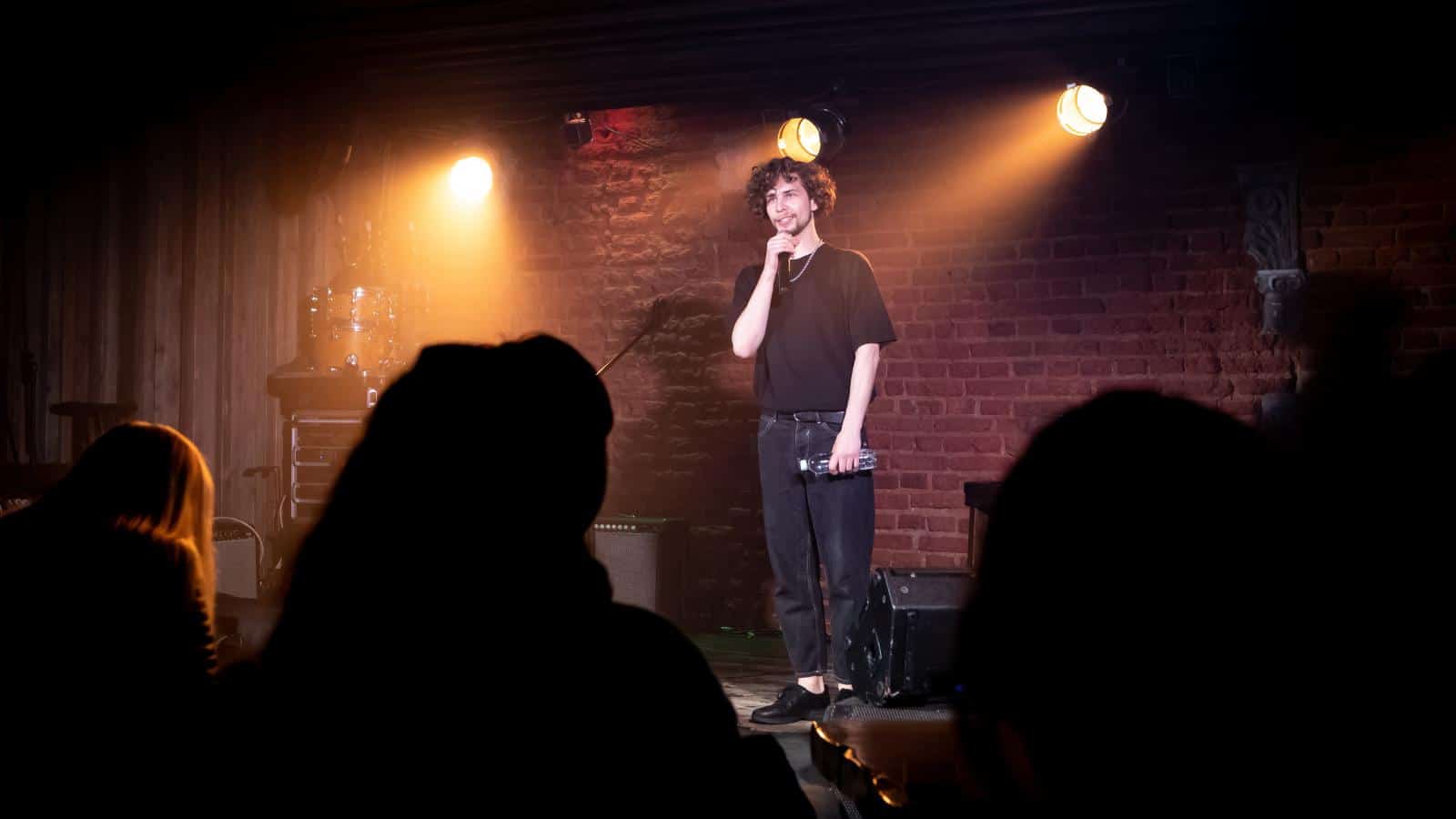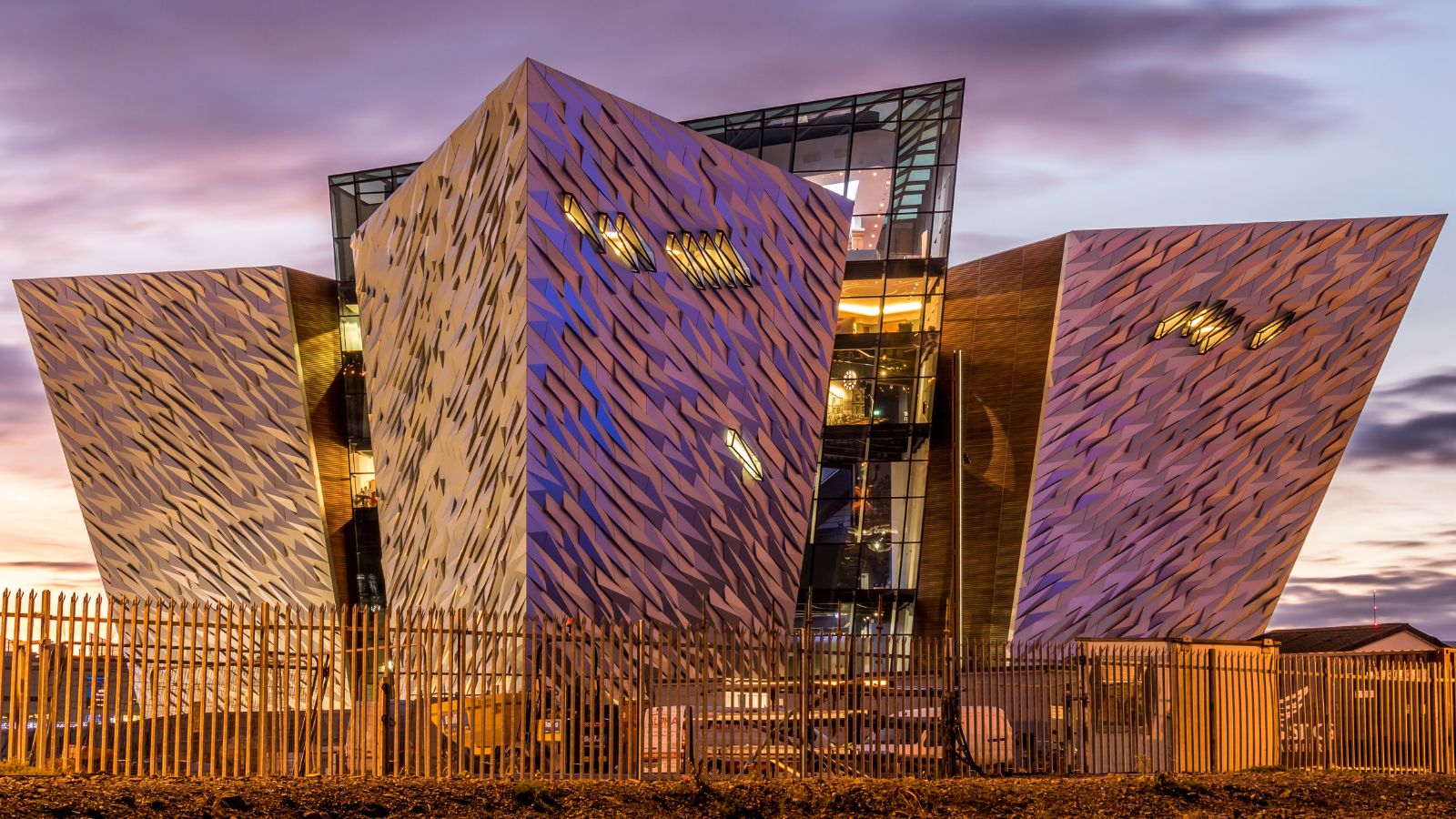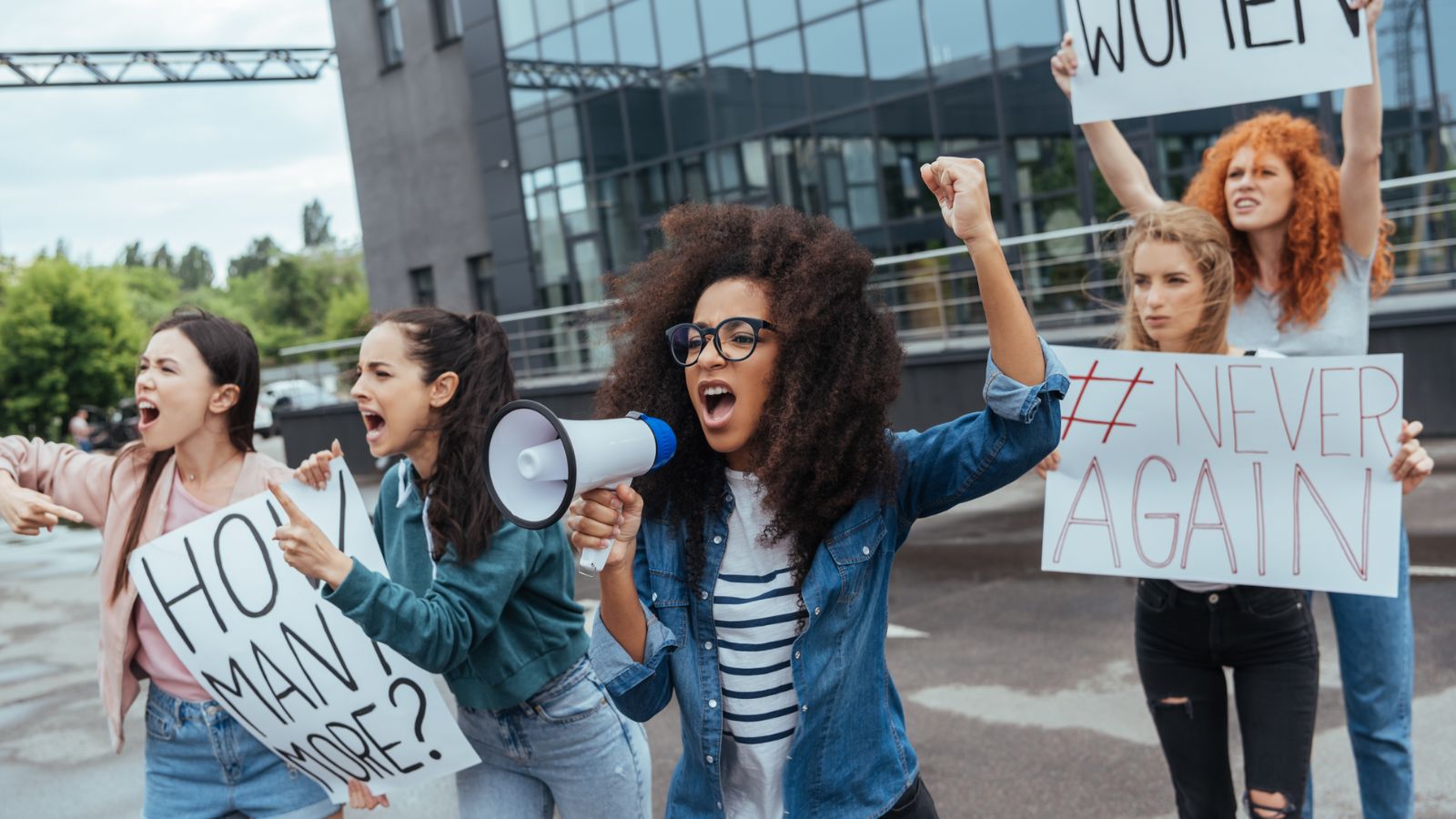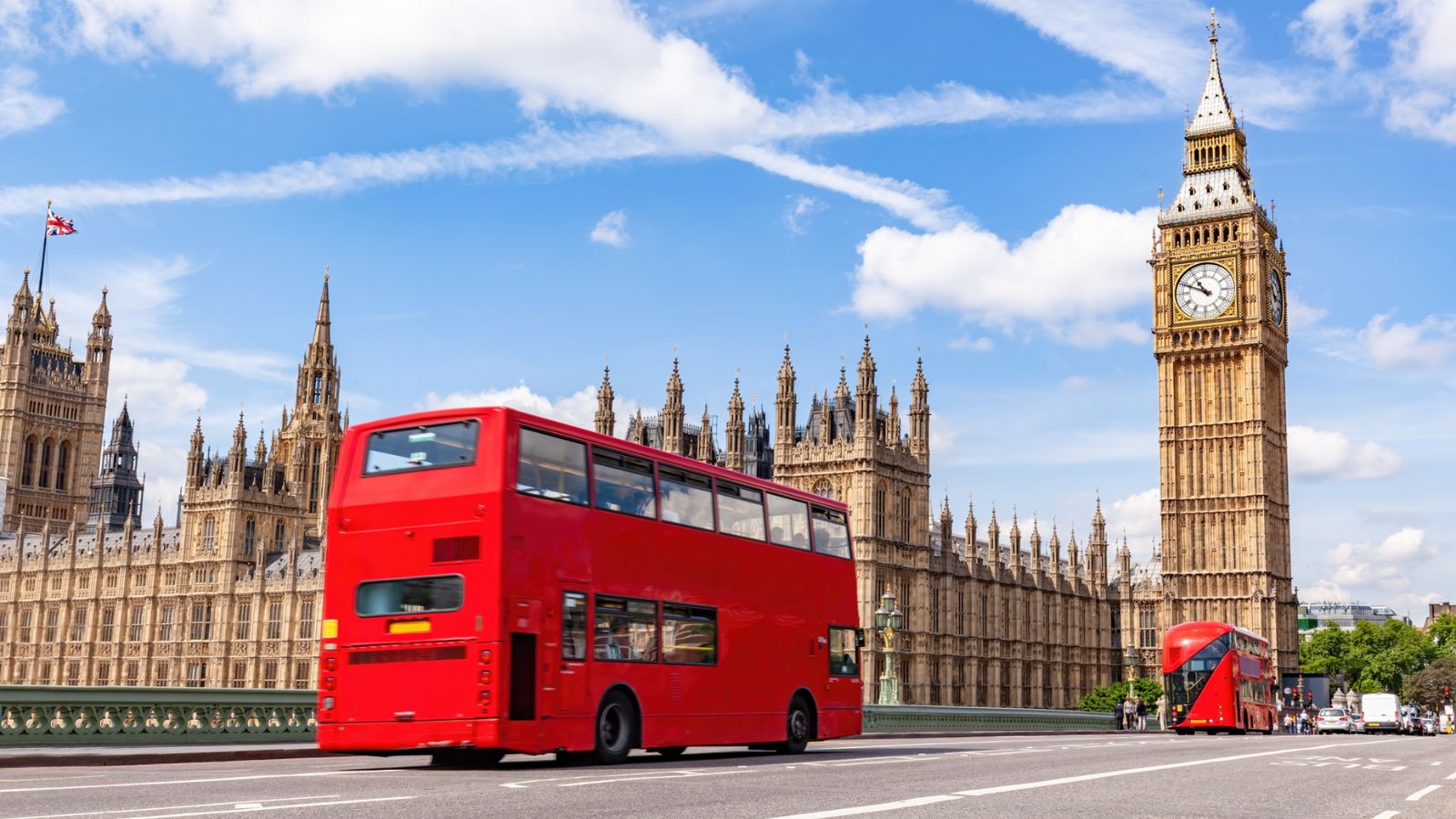In recent years, the term “woke” has become a lightning rod in British society. While it started as an awareness of social injustices, it has since been used disparagingly by those who feel it represents an overly politically correct culture. Here are 17 ways anti-woke sentiment is taking hold in Britain.
Media Backlash

“In 2022, anti-woke became an ideology in itself,” reports The Guardian. One of the most noticeable areas where anti-woke sentiment is thriving is in the media, as newspapers, TV shows, and online platforms have increasingly criticised what they view as excessive political correctness. Many journalists and commentators argue that “woke culture” stifles free speech and debate.
Comedians Pushing Boundaries

Comedy has always been a space where societal norms are tested, and the rise of anti-woke sentiment is no exception. Many British comedians have begun to push back against what they see as the stifling of humour by woke culture. They argue that comedy should be free to explore controversial topics without fear of backlash.
Political Rhetoric

The anti-woke movement has also found a strong voice in British politics. Politicians, particularly from the Conservative Party, have increasingly used anti-woke rhetoric to rally support. They frame woke culture as a threat to traditional British values and free speech.
Educational Challenges

In schools and universities, the debate over woke culture has become increasingly heated. Some parents and educators argue that curricula have become too focused on identity politics and social justice issues at the expense of more traditional subjects. This has led to calls for rebalancing educational priorities, with some advocating for a return to more “neutral” teaching.
Cultural Institutions Under Fire

Cultural institutions such as museums, galleries, and theatres have also come under scrutiny for adopting what some see as overly woke policies. Critics argue that these institutions are too focused on modern social justice issues, often at the expense of artistic freedom or historical accuracy.
Cancel Culture Backlash

One of the most contentious aspects of woke culture is the idea of “cancel culture,” where individuals or entities are boycotted or publicly shamed for expressing views that are deemed offensive. The backlash against cancel culture has become a major feature of the anti-woke movement in Britain.
The Rise of Alternative Media

As traditional media is seen by some as too politically correct, there has been a significant rise in alternative media platforms that cater to anti-woke audiences. These platforms often present themselves as champions of free speech and opponents of cancel culture.
Social Media Echo Chambers

Social media has become a battleground for the culture wars, with anti-woke sentiment thriving in certain corners of the internet. Platforms like Twitter, Facebook, and YouTube host numerous groups and influencers who actively oppose woke culture. These online communities often operate in echo chambers, where members reinforce each other’s views and share content that mocks.
Resistance in the Workplace

Workplaces across Britain are also experiencing a pushback against woke initiatives. Some employees feel that diversity training, gender pronouns, and other workplace policies related to social justice have gone too far, and they argue that these initiatives can be divisive or create a climate of fear.
Fashion and Branding

The fashion industry has not been immune to the sentiment, as some consumers and designers have criticised what they see as the overly political nature of certain brands and campaigns. They argue that fashion should be about style and self-expression rather than making political statements.
Entertainment Industry Shifts

In the entertainment industry, there has been a noticeable shift in response to anti-woke sentiment. Some filmmakers, producers, and actors have spoken out against what they perceive as the over-politicisation of movies and TV shows. They argue that storytelling should be driven by creativity and entertainment rather than by a social or political agenda.
Academic Debate

The academic world has long been a battleground for ideological conflicts, and the rise of anti-woke sentiment has intensified these debates. Some academics argue that woke culture stifles intellectual freedom and discourages dissenting views, leading to a push for greater academic freedom.
The Arts Push Back

Artists and creatives across the country are also reacting to the rise of woke culture. Some feel that the pressure to conform to woke ideals limits their creative freedom. This has led to a pushback in various artistic communities, with some artists deliberately creating works that challenge woke norms.
Public Protests and Demonstrations

A visible manifestation of the anti-woke sentiment in Britain has been public protests and demonstrations. Opposed groups have organized rallies and marches to voice their opposition to what they see as the imposition of politically correct values. These events often draw large crowds and receive significant media coverage.
Legal and Policy Challenges

The anti-woke movement has also started to make its mark in the legal and policy arenas. Some lawmakers and legal experts are pushing back against what they see as the infiltration of woke ideology into law and public policy, including challenges to legislation on hate speech, gender identity, and other issues.
Changing Social Attitudes

As the feeling against wokeness grows, it also influences broader social attitudes in Britain because certain segments of the population noticeably shift towards a more traditionalist, conservative outlook. This is particularly evident in discussions around national identity, heritage, and values.
The Role of Influencers

Finally, influencers and public figures have played a significant role in spreading anti-woke sentiment across Britain. Many celebrities, YouTubers, and social media personalities have used their platforms to criticise woke culture and promote alternative viewpoints, and their large followings allow them to reach a wide audience.







